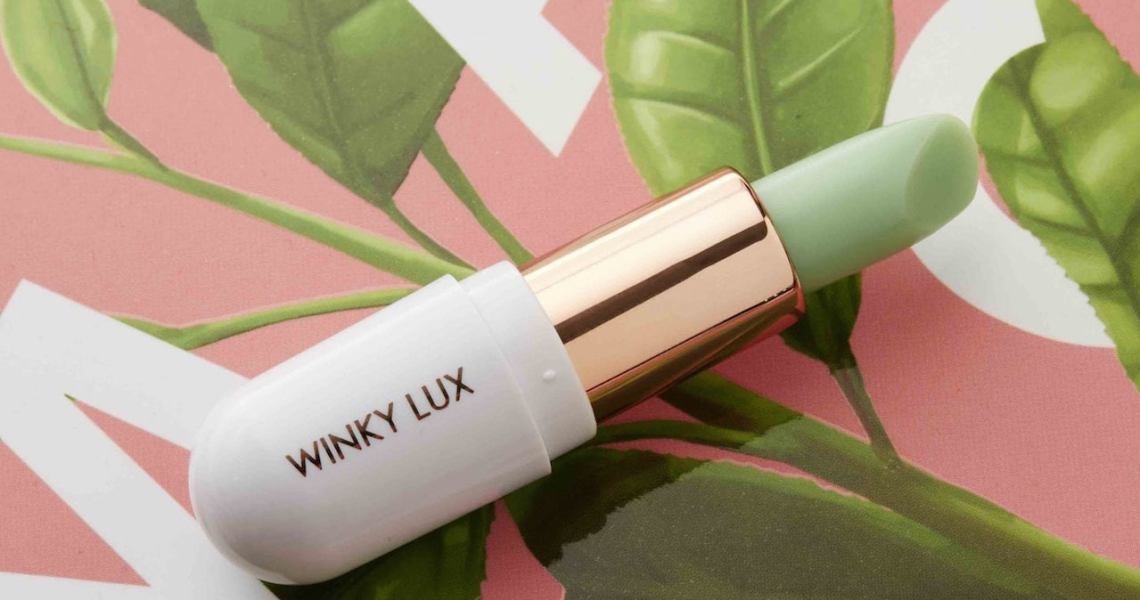Winky Lux, the fast-beauty company that produces lipsticks and mascaras in a matter of weeks, keeps its product innovation ideas flowing with the help of its 50 employees.
While the product development team still owns the final process, the company has a formal monthly pitch program where all employees can participate. At these meetings, employees come prepared with product ideas (based on their own research and vetting) that they present to Winky Lux CEO Natalie Mackey and evp of product development Kristen Leonard. Approximately 20 percent of all Winky Lux products that hit the market emerge from these meetings, said Mackey. Most recently, the pitch meetings generated the brand’s Matcha Blotting Papers, released in March, and a rainbow lip balm that will debut in June.
“We have the benefit of being a young company — we aren’t in danger of becoming stuffy just yet. But I do think fresh ideas come from young people and particularly the people who are our target customer,” said Mackey.
At most beauty companies, including Winky Lux, product development team members have upward of a decade of experience, said Mackey. But since Winky Lux caters to millennial and Gen-Z customers, relying solely on that approach would result in a disconnect for its customers, she said.
The concept of Winky Lux’s product pitch meetings has existed since the inception of the company in 2015, when there were only five employees (“We were so few people, whenever anyone had an idea it was floated to all of us,” Mackey said), but the process was formalized in 2018 when the company grew to its current size of 50 staffers. All employees have access to a one-page document on the company’s computers servers that they are required to fill out before attending the monthly meeting. This pitch sheet includes questions around market opportunities, proposed retail price, growth margins, estimated time to market, social or consumer interest, competitive landscape and data that indicates whether the said product or an ingredient is a trend. During the meeting, Mackey and Leonard guide the process and determine what products should move forward.
Winky Lux is not the only company relying on its employees for projects outside their individual roles. Brands like L’Occitane en Provence have used them in marketing materials, while The Estèe Lauder Companies operates a reverse-mentor program to keep its company agile. In addition to helping the brand develop its products, it also helps Winky Lux create a culture of ownership, Mackey said. Employees participate and continue working with the product team through the development of their idea.
“Our goal is to make sure everyone has the resources and buy-in to do what they need to do, rather than nitpick. I think it creates an environment of empowerment,” she said. “I think micromanaging is an indicator of a failing company.”
Ad position: web_incontent_pos1
Sign up for our new Glossy Beauty and Wellness Briefing, a weekly newsletter coming in April that will provide deep-dive analyses, emerging trends and insider insights in the growing beauty and wellness industries.




